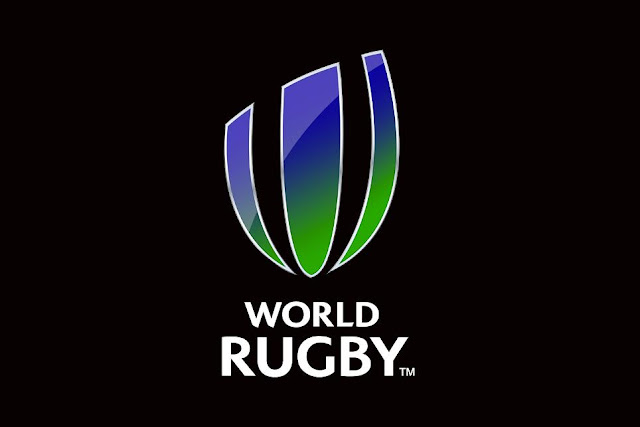https://s3.eu-central-1.amazonaws.com/euobs-media/385fa2c1001e2f7cc8170d43fb421e15.jpg
In July 2016, the European Commission published its decision in state aid cases concerning several Spanish and Dutch Professional Football Clubs. It held that tax payers money granted to seven professional football clubs, in Spain, were to be paid back as the funds gave those clubs an unfair advantage over other competing EU football clubs. On the other hand, in the case of five Dutch professional football clubs, the EU Commission concluded that the case would be closed with no further action as it found no evidence to support that the state aid received was illegal.
But what is state aid? Are their exemptions to the rules and what cases have we seen thus far, not just in football but across all sports?
This blog post will attempt to answer those questions and review sport-related state aid cases and examples, both past and present.
In July 2016, the European Commission published its decision in state aid cases concerning several Spanish and Dutch Professional Football Clubs. It held that tax payers money granted to seven professional football clubs, in Spain, were to be paid back as the funds gave those clubs an unfair advantage over other competing EU football clubs. On the other hand, in the case of five Dutch professional football clubs, the EU Commission concluded that the case would be closed with no further action as it found no evidence to support that the state aid received was illegal.
But what is state aid? Are their exemptions to the rules and what cases have we seen thus far, not just in football but across all sports?
This blog post will attempt to answer those questions and review sport-related state aid cases and examples, both past and present.















